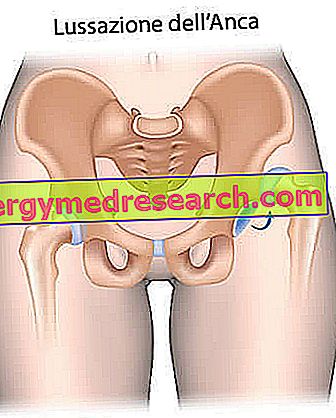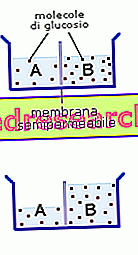By Dr. Izzo Lorenzo
Often, before tackling a sporting activity, one wonders what - and how much - it is better to eat. But what can be consumed is a calculation that varies from discipline to discipline, from athlete to athlete, from performance to performance, and it is not possible to quantify it exactly for those who dedicate themselves to sport occasionally and only for leisure. It can be generally said that the consumption of calories for 30 minutes of cycling varies, depending on the speed of exercise and depending on the sex and characteristics of the subject, from 200 to 300 calories. So let's try to understand how to get the best from our body and how to give our best, bearing in mind that you have to deal with work or school hours, with family commitments, in short with the things of everyday life .

But it is not certain that sporting practice can be practiced at fixed times, with specific intervals. Often, unfortunately, you can do a little movement only in your spare time, putting the sport between a commitment and another. And then, in terms of nutrition, it is good to take into account some simple indications. If gymnastics is done in the morning, breakfast should consist of fruit juice, tea, toast and a simple and light dessert. If, on the other hand, you plan to train during the noon break, the diet should be divided into two parts: a little fruit in the mid-morning and a light lunch immediately after physical activity. For after-dinner activities it is advisable to dine with pasta, salad and fruit.



